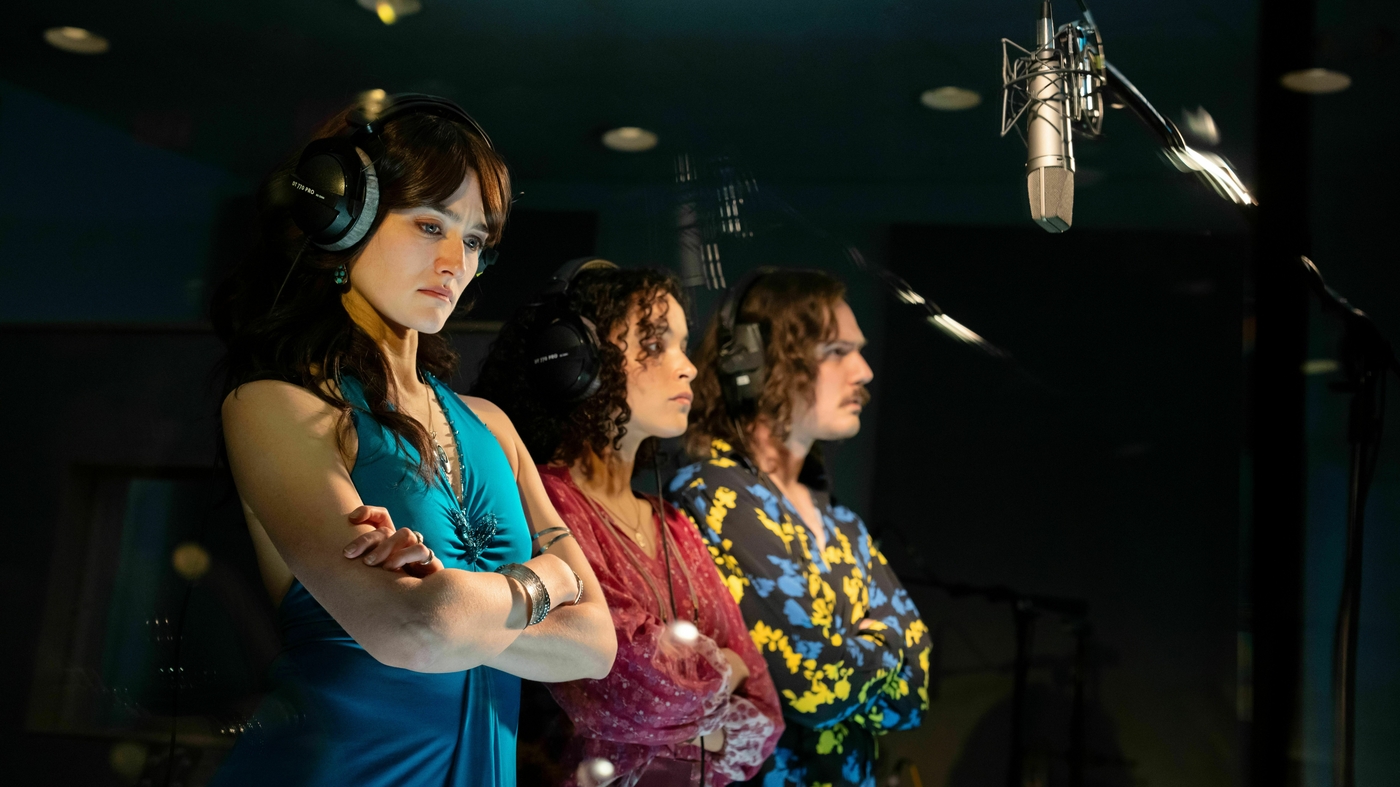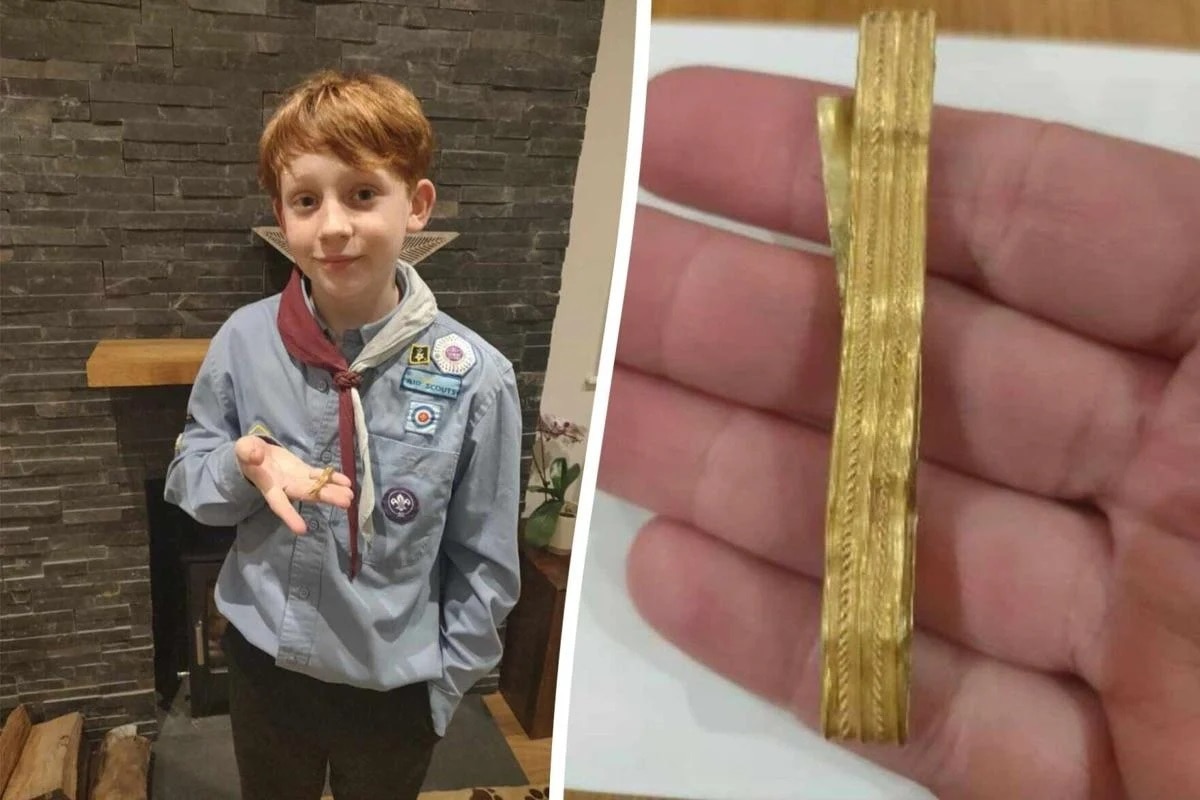
‘Quantum Leap’ Review: NBC’s Time-Travel Reboot Gets Sucked Into an Exposition Vortex
Logo text
Upon a rewatch — made difficult because episodes are only available for purchase or on the “premium” level at Peacock — the original 1989 pilot for Quantum Leap is an impressive thing.
Owing in no small part to it being a two-episode premiere, creator Donald P. Bellisario is able to go nearly the entirety of the first 45 minutes without an iota of exposition. Scott Bakula’s Sam Beckett wakes up in the body of a 1956 test pilot with no memory and he has to figure out his situation, as well as why he keeps talking to a man (Dean Stockwell’s Al) that nobody else can see. Sure, eventually things get explained, but there’s a long stretch in which the episode just lets audiences figure things out or flounder. No 2022 pilot, especially no broadcast pilot, would ever demonstrate a comparable level of confidence.
Related Stories
Quantum Leap
The Bottom LineToo much talking, not enough leaping.Airdate: 10 p.m. Monday, Sept. 19 (NBC)
Cast: Raymond Lee, Caitlin Bassett, Ernie Hudson, Mason Alexander Park. Nanrisa Lee
Creators: Don Bellisario
Sadly, that’s evident in NBC’s new sequel/reboot. The pilot for this new Quantum Leap is 41-ish minutes of nearly nonstop exposition and hand-holding, making sure both that new viewers understand every aspect of the premise and that returning fans understand the connection between this update and the original — no matter how irrelevant it ends up being.
There’s so desperate a need to explain in the Quantum Leap pilot that there’s no time at all to have an ounce of fun with the premise, and if you can’t have instantaneous fun with a premise like this one, there isn’t any point to it at all. Owing to the tight production schedules on broadcast shows, unfortunately the pilot is all I’ve seen, so maybe episode two marks the point at which series developers Steven Lilien and Bryan Wynbrandt (NBC still credits Bellisario as “creator”) start having fun? I’m not yet prepared to take that leap.
The new Quantum Leap begins 30 years after the original series ended. Under the friendly watch of the U.S. military, Project Quantum Leap is being rebooted, complete with supercomputer Ziggy. The team is headed by Herbert “Magic” Williams (Ernie Hudson), who superfans and absolutely nobody else will remember from the season three episode “The Leap Home (Part 2) — Vietnam.”
The team includes physicist Dr. Ben Song (Raymond Lee) and his fiancée, army veteran Addison (Caitlin Bassett), along with tech wizard Ian (Mason Alexander Park) and security chief Jenn (Nanrisa Lee). The program is not ready to move into human testing, but Ben bolts from his own engagement party when he receives a mystery text. Next thing you know, Ben finds himself in Philadelphia in 1985, where he has to prevent a bombing or a heist or something, basically setting right what once went wrong in the hope that his next leap will be the leap home. This is a good theory, except that Sam Beckett never actually made it home. Will Ben be luckier?
As the original Quantum Leap pilot proves, viewers are smart enough to follow the franchise’s plot without any hand-holding, because it’s accessible and potent. Dude travels back in time into different people’s bodies to fix things in their lives. Add half a sentence of “quantum entanglement” mumbo jumbo and nothing else is required because nothing else will make sense anyway.
The new Quantum Leap has people nattering about new software and the chamber that lets Addison appear in the past as Ben’s helpful hologram and levels of military jurisdiction and a dozen other things I would describe as “Episode 7 problems.” And that’s before it starts having characters reminding each other about Sam and Al, showing viewers pictures of Scott Bakula and Dean Stockwell and seeding various connections between the shows.
Problem: Bakula has been making social media posts and whatnot, talking about why he decided not to be in the new show. This is either garden-variety misdirection or a negotiating tactic. If it’s the latter, allow me to do my part to help with Bakula’s negotiations: The way this new show has been structured, the onscreen presence of Sam Beckett isn’t optional. It borders on necessary that Sam make a brief appearance in the first half of the season, a longer appearance in the first season finale and then become at least a frequently recurring character by the second season. Otherwise, the doubly expositional pilot was pointless.
The pilot could have ended with an Easter egg acknowledgment of the original series, a photo of Sam on a computer monitor or something, and that already would have placated established fans. The gratuitous callback babble is time taken away from giving Ben and his new team additional personality traits.
Or maybe it’s time taken away from the pilot’s episodic plot, a weak use of what is special about the Quantum Leap brand. I’m happy to start my complaints with the hilariously bad geographical doubling for Philadelphia or the fact that for certain viewers of a certain age, “Philadelphia + 1985 + Bombing” will automatically trigger associations with the notorious police bombing, MOVE, something to which the creators seem oblivious here.
But no, mostly it’s a bad first episodic plot because it makes no use at all of the trapped-in-another-body possibilities of the premise and reduces the “make right what went wrong” part of the premise to, “Bad Guy Does Bad Thing For Sentimental Reason Therefore Isn’t Actually Bad” platitudes. The original series tapped into a rich vein of Baby Boomer nostalgia — Who was Sam Beckett if not time-traveling Forrest Gump? — and the time markers in the pilot here give no indication of what the new version will be tapped into, if anything.
Will all of this get addressed in future episodes and will there be plotlines that get more emotional value and entertainment out of the trapped-in-another-body premise? Probably! But either you put your best foot forward in a pilot or you don’t. Despite that advantage of franchise specificity, Quantum Leap ends up being a less distinctive pilot than previous NBC wannabe Quantum Leap shows like Timeless or the short-lived Journeyman, a tremendous Quantum Leap reboot if they’d just called it Quantum Leap.
With Lee, this Quantum Leap appears to have a solid centerpiece in place, should other creative elements come together. He’s got a good mixture of nerdy uncertainty and cocky stubbornness, of easily flustered confusion and suave charisma. I can’t tell if Bassett is any good just yet, but I like the new leaper/guide dynamic, bringing all of that subtextual Sam/Al sizzle to the surface.
Hudson, Park and Lee have little to play and it struck me repeatedly that there was a reason the original series kept Sam’s team to a minimum, namely that the more you complicate or simply expand the present-day part of the show, the less time there is for the creative episodic stories that are integral to the brand.
We’ll see if, after this clunky, but not wholly unpromising, pilot, NBC’s new Quantum Leap eventually figures that out. And we’ll see how soon Scott Bakula “shockingly” appears.











































































